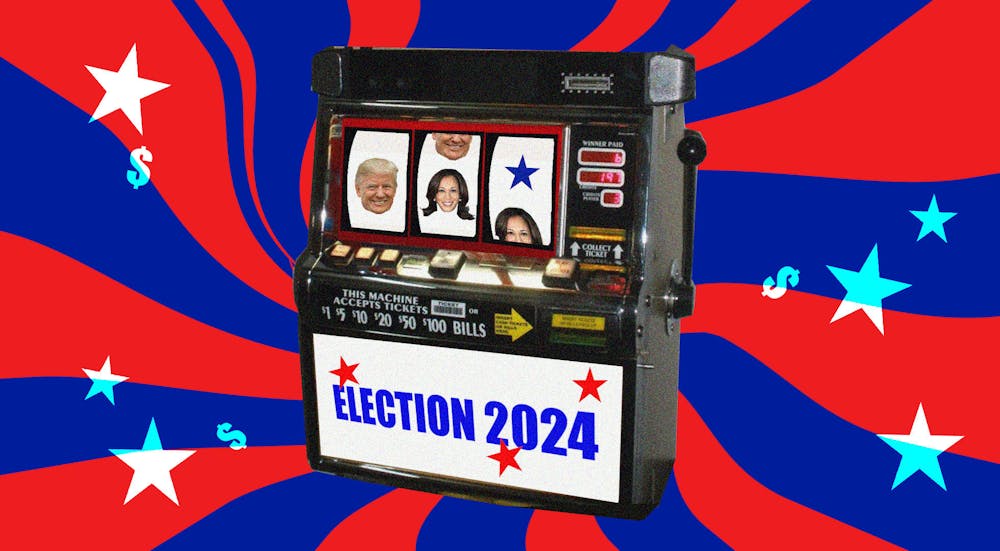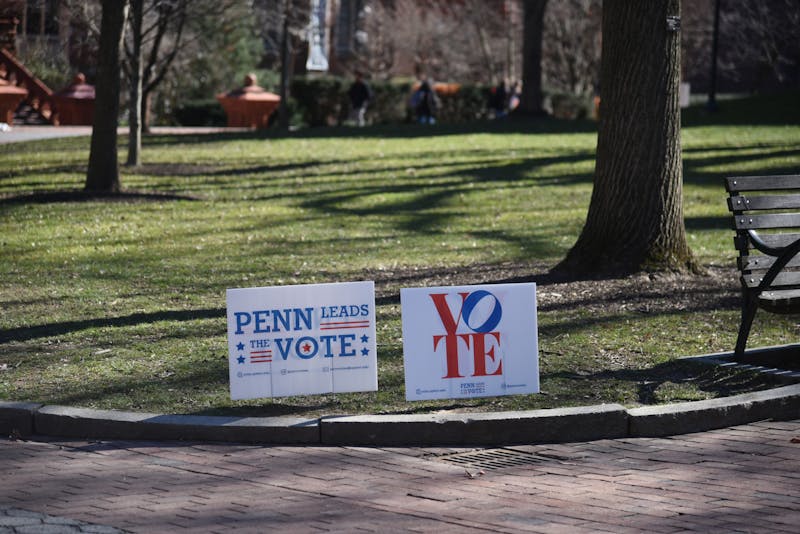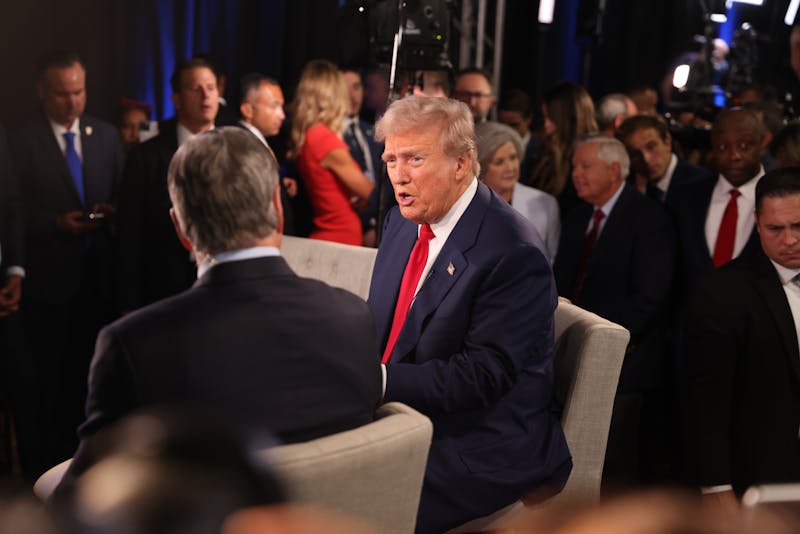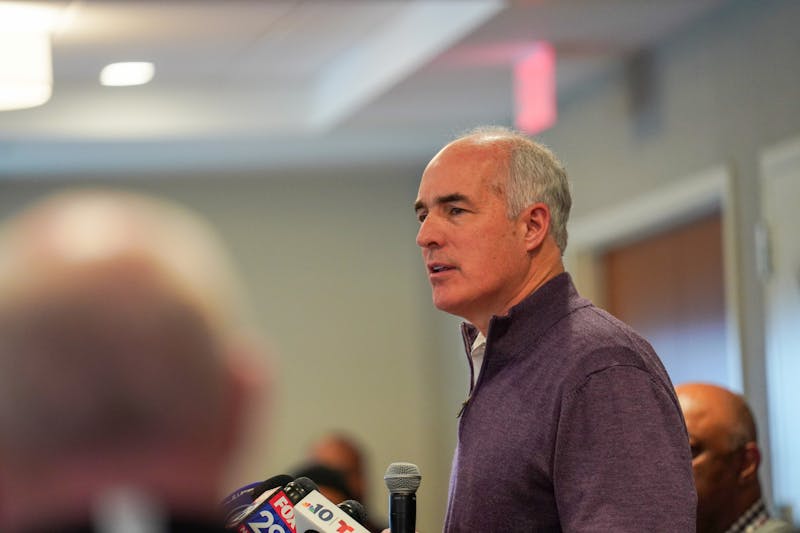
For the first time in the 21st century, anyone in the world could wager bets on the outcome of an American election. A United States Court of Appeals ruling from September allowed Kalshi, Polymarket, and other event-based trading firms to offer their gambling services for the 2024 presidential election. In totality, $3.6 billion was placed into these online pools, with a large majority hedged in favor of the eventual winner, 1968 Wharton graduate, former President, and President-elect Donald Trump.
Gambling is already a problem in America. Our country is overcome with addiction in general, and gambling is one of the most pronounced problems in our addiction culture. Every year, it pushes millions toward financial, social, and emotional distress. The surge in wages placed on the 2024 election results likely exacerbated this crisis, extending the need to gamble even further into political and civic life. Given its massive scale, this new phenomenon almost definitely impacted the personal lives of many Americans.
Besides seeming morally bankrupt, gambling can introduce questionable incentives into our voting habits. With a direct, financial stake in a particular election outcome, one might be more motivated to vote — and bet — simply for who they think will win, not who they think is a better candidate. While speculative, this situation seems plausible. This creates a dangerous precedent that introduces conformity bias and other motivations that simply can’t align with the principles of a strong democracy.
The possibility of gambling impacting the election becomes even more dangerous when we consider who is actually placing the bets. Given that bets could be incentives for voting, online gambling platforms open the door for anyone to influence American elections. The largest bet on any platform (which eventually totaled over $45 million in favor of Trump) was made by an anonymous French billionaire. In our elections, foreign tampering is not a new issue, but it’s one we all agree on: It needs to be avoided at all costs. While our Frenchman claims that his wager had no political motivations, pure intentions do not discount how someone’s actions have the potential to influence millions.
The betting market had a strong predictive power. Pollsters, news media, and much of the electorate failed to anticipate the triumphant victory of Republicans with as much clarity as these online platforms did. Many pundits issued reactions to the election that made this same concession. While accurate forecasting of results is an interesting implication of election betting, it’s not a significant enough benefit to outweigh the risks associated with this practice.
The 2024 election’s dark money trend doesn’t stop at gambling on outcomes. 1997 College and Wharton graduate Elon Musk offered anyone in a swing state $47 to sign a petition pledging their support to Trump’s campaign. Then, those participants were also entered for a chance to win a $1 million “grand prize.” This practice has been widely criticized. It’s a way for a powerful, wealthy man to buy people’s votes. The legality of what he did is also questioned since many states regulate this type of spending in politics.
During election season, we hear a lot about campaign spending, which many Americans agree is already a problem for our country. The Federal Election Commission regulates how donated funds can be used by candidates. But how effective is their rule-making in a world where we can buy votes and bet on outcomes without running money through an actual campaign? The Harris-Walz campaign raised and spent significantly more money than the Trump-Vance ticket, yet suffered a decisive loss. That’s a call to action if I’ve ever seen one. Our regulatory structure needs to adapt to a financial world where spending outside campaigns could still be influential. While many agencies are trying to regulate election betting, they have yet to be successful.
American democracy shouldn’t be a commodity that billionaires can purchase at will. More money was wagered as bets in this election than either party spent on advertisements for the entirety of their 2020 presidential campaigns. We shouldn’t rely that heavily on wagered results and Musk shouldn’t be able to buy votes for the candidate he supports. This election felt like a complete and total shamble (in many ways), but financial interference from bets and billionaires certainly didn’t help anyone.
JACK LAKIS is a College sophomore studying political science and communication from Kennesaw, Ga. His email is jlakis@sas.upenn.edu.
The Daily Pennsylvanian is an independent, student-run newspaper. Please consider making a donation to support the coverage that shapes the University. Your generosity ensures a future of strong journalism at Penn.
Donate











